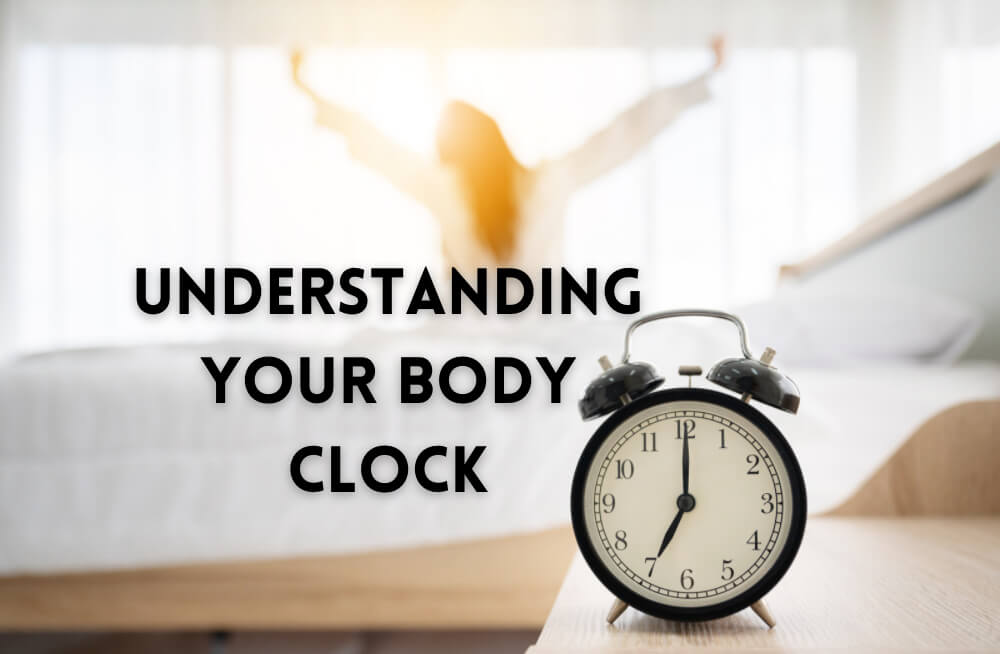Understanding Your Body Clock

If you like to enjoy a good book at night but have turned to electronic books of late and now have trouble sleeping, it’s the electronics that are to blame, not your reading material, and it’s probably the lights.
Circadian Rhythm
Everyone has an internal body clock, called your circadian rhythm. This internal clock uses cues from your environment and the light in your surroundings to help determine the time of day to deliver various chemicals like melatonin to your body properly. If you expose your body to the wrong light at the wrong time, you may disrupt your sleep.
Blue Light
The blue light emitting from your screens and some other types of light disrupt your body clock because it slows the production of the sleep hormone melatonin. So if you regularly look at your phone, read on your eReader, or even have lights coming from other devices in your bedroom, it will cause you to have sleep disturbances even if you’re not fully aware of them.
Everyone’s Different
Some people have naturally late body clocks, and their body prefers sleeping later in the morning than others. If you are a late-night person and need to be a morning person due to your job and other responsibilities, eliminating blue light two to three hours before bed is ideal.
The Importance of Sleep
Most of society has ignored how vital sleep is. Most people live in what can be described as a 24/7 environment and often have to work at any hour too. This is very disturbing because your body does so much healing during nighttime sleep that sleeping in the day will not help. If people don’t sleep at least 7 to 9 hours a night, they will not be as productive and might even make themselves sick.
Your Immune System
Sleeping regularly 7 to 9 hours every single night, yes at night, is associated with less illness due to improved immunity. But people who were shorting themselves on sleep, especially at night, often got sick more often with colds and serious illnesses.
The Dangers of Bad Sleep
People who report not sleeping regularly for 7 to 9 hours tend to have more heart disease, diabetes, obesity, and poor brain function than those who sleep as nature intended every night. In addition, studies show damage to your genetics and harmful effects on your DNA, causing your body to produce more proteins, leading to more disease due to inflammation when faced with a lack of sleep nightly.
The point of learning about this is to accept the reality that you need to sleep every single night regularly, 7 to 9 hours, as much as humanly possible. Naturally, you may not be in a position to change jobs right now, but if you’re having issues already, it’s best to know the truth so you can adjust your lifestyle accordingly.
